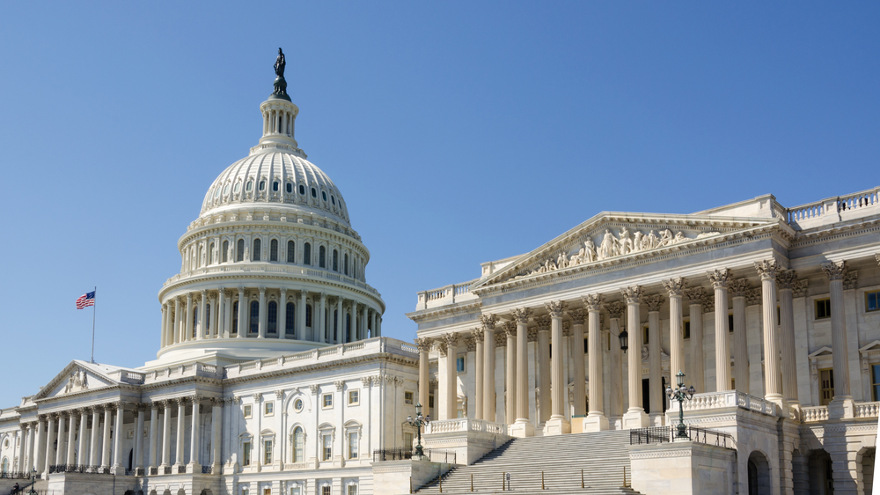House bill passes that clarifies interest rates when contracts are sold by originating institution

By subscribing, you agree to receive communications from Auto Remarketing and our partners in accordance with our Privacy Policy. We may share your information with select partners and sponsors who may contact you about their products and services. You may unsubscribe at any time.
WASHINGTON, D.C. –
This past week, the House of Representatives passed two strongly bipartisan bills from the Financial Services Committee, one of which could have a significant impact on auto financing.
Lawmakers highlighted that H.R. 3299 — the Protecting Consumers’ Access to Credit Act of 2017 — clarifies current law to ensure innovative marketplace lending remains in-tact while simultaneously providing safe consumer protections.
Authored by Financial Services Committee vice chair Rep. Patrick McHenry, a North Carolina Republican, officials indicated H.R. 3299 ensures that the lawful interest rate on a loan originated by a bank remains valid if the loan is sold, assigned or transferred to a non-bank third party. The bill was included in the House-passed Financial CHOICE Act.
H.R. 3299 passed through the House by a vote of 245-171 and went on over to the Senate, which received it, read the measure twice and referred to the Committee on Banking, Housing and Urban Affairs.
Hudson Cook partner Catherine Brennan cheered the action by House members.
“H.R. 3299 will ease uncertainty in the market, as it affirms the longstanding rule that a loan is valid at the time it is made if it is made pursuant to the lawful interest authority of a lender,” Brennan said. “The idea that a loan made by a bank should become retroactively invalid is absurd.
Subscribe to Auto Remarketing to stay informed and stay ahead.
By subscribing, you agree to receive communications from Auto Remarketing and our partners in accordance with our Privacy Policy. We may share your information with select partners and sponsors who may contact you about their products and services. You may unsubscribe at any time.
“Indeed, former President Obama’s own solicitor general recognized this to be the case in a brief to the Supreme Court. Nothing in this legislation undermines the rights of consumers, and it was the right thing for the House to do in passing the bill,” Brennan went on to say.
This legislation passed along with H.R. 3978, which is a package of five bills that committee members say will provide important regulatory relief that reduces burdens for financial institutions and strengthens and makes the capital markets more attractive, competitive and efficient.
“These bills will help cut at least some of the red tape that places such a disproportionate burden on Main Street businesses and financial entities and limits consumer access to credit. These bills are practical, they are strongly bipartisan and they are needed,” Financial Services Committee chairman Jeb Hensarling said.
“I applaud the sponsors of each of these commonsense regulatory relief bills for their hard work in bringing these bills to the floor,” Hensarling added.


